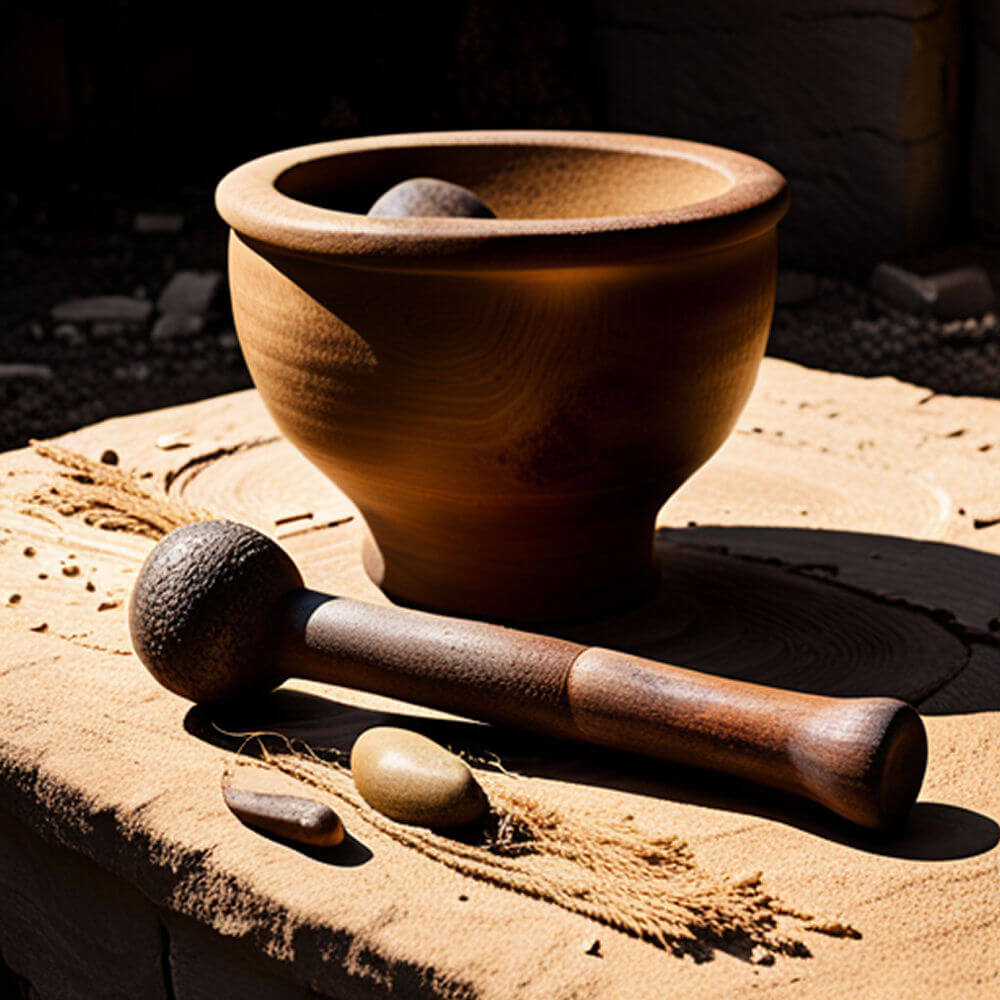Roman Drugs, Pharmaceuticals and Medicine

While medications today are intended to provide relief of symptoms or attack a disease itself, there were few successes regarding this in the ancient world. The Romans had an excellent knowledge of anesthetics, but all other so called 'cures' were developed through practices as similar as mixing poisons.
In fact, as simple sickness was so difficult to determine by the average Roman doctor, many deaths in the ancient world were attributed to poisoning. This paranoia led to the development of many antidotes, some of which worked, and others that didn't, but much of the research provided valuable information for later doctors.
Any mineral, plant, liquid or animal part could be used in treatment of diseases. Combinations of exotic ingredients, with the blessings of the gods, were made in widely diverse mixtures depending on the location.
While some based on observation may have been helpful, others did nothing, or were actually even more harmful. In fact, mercury, a known human toxin, was a common ingredient in many medical 'cures' in the Roman empire.
Antiseptics and Anesthetics
One wound antiseptic was of particular value however. Acetum was actually considered a more effective antiseptic than the carbolic acid developed by Joseph Lister in the 1860's!
While everyday treatments were met with an almost comical lack of success, anesthetics were another matter. Thanks to the experienced and highly developed skills of Roman surgeons operating in the military, the Roman knowledge of pain deadening substances was excellent.
Opium poppies (morphine), henbane seeds (scopolamine) and mandrake were used extensively. Morphine deadens the nerve endings and limits movement while henbane induces sleep. Mandrake also deadens pain while slowing the heart rate, and so can also be used to control bleeding.
Despite this knowledge, the best tactic a doctor could use was to finish working on the patient as quickly as possible!
Did you know...
Dioscorides of Anazarbus, a Greek physician born in southeast Asia Minor, wrote between 50-70 AD his fundamental work "De materia medica". This study focused on the preparation, properties, and testing of drugs, and became one of the central pharmacological works for the next sixteen centuries!


